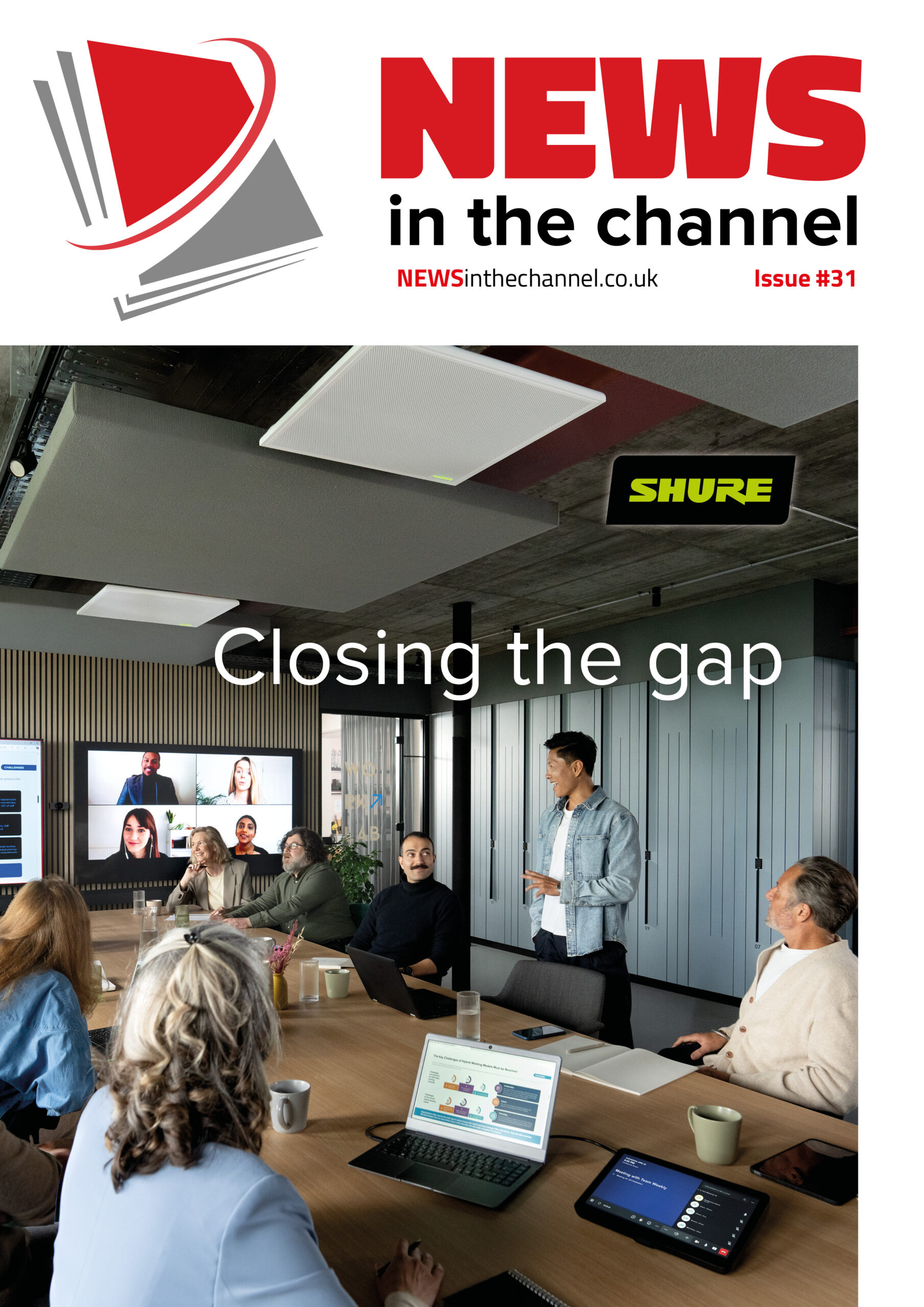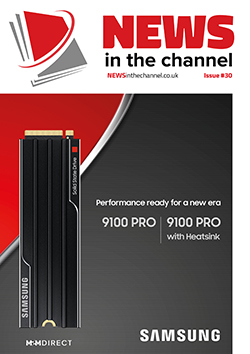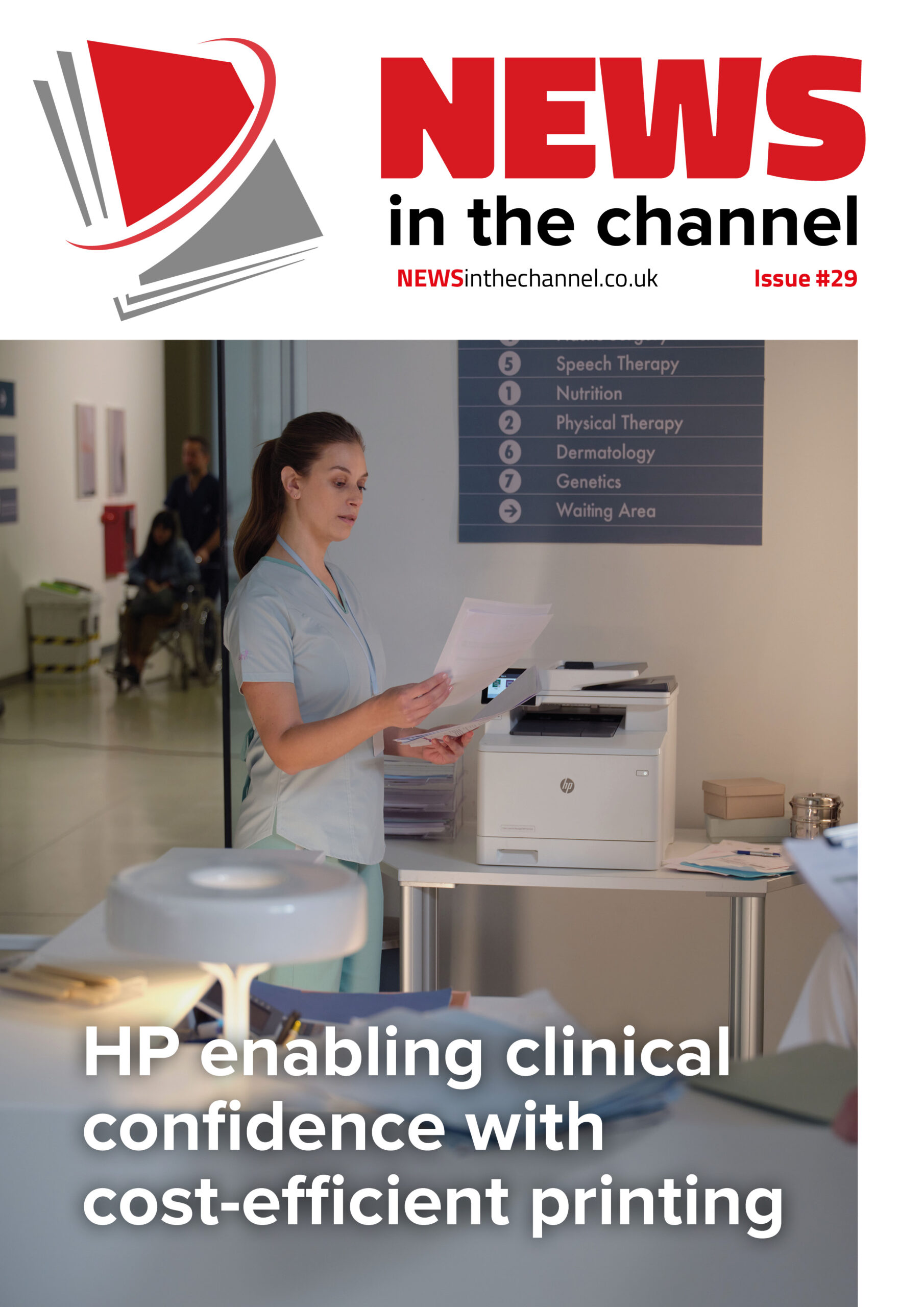Sunil Kotecha spotted a developing trend in the memory market back in the late 1980s and took a risk to capitalise on it. Thirty-five years later, he and his business, Integral Memory, continue to be at the cutting edge of the memory sector.
Back in the late 1980s, Sunil Kotecha, then a product manager for an IT business, saw a lot of Korean companies entering the UK computer memory market. He saw the potential of then little-known companies such as Samsung, LG and Hyundai and the high quality, high spec and competitively priced products they were offering, little suspecting they would lead to him setting up a successful business.
Sunil went to his bosses saying they should work with these companies, but in a move that ultimately turned out well for Sunil, the bosses decided to stick with the established players and not stock the upstarts from the Far East.
Despite that rejection, Sunil was undeterred. He later approached Samsung’s UK arm – which was then one person in an office in Brentford – to be a distributor for them. They agreed, and thus Just RAMS was born, with £4,000 Sunil had saved up.
Decision vindicated
“I could see Samsung had invested huge amounts in manufacturing and R&D and that they were likely to be coming through with new products,” says Sunil. “So, we set up Just RAMS as a specialist in memory.”
It was a risk that turned out to be very well judged. Sunil’s belief that the market would embrace memory products from Samsung and others was soon vindicated. In the company’s first year, 1989, the company turned over £1 million, which rose to £4 million in 1993 and by 1996 – by which time Samsung was a world leader in computer memory – it was £30 million.
At the time, the market and memory products were developing quickly and Sunil ensured the company remained at the cutting edge of the technology. “In those days every PC or laptop had their own specially designed memory, there was no standard,” he remembers. “So, we started having competitive products, but at far lower prices that could be installed as upgrades for these computers. We went from becoming a PC company, selling to PC assemblers, to becoming an upgrade solutions company. And we still do this today.”
As the company grew, its product range expanded into providing solutions for state-of-the-art servers through to legacy PCs as they had hundreds of memory modules in stock. In 1999, a new type of memory came out called Flash which did not lose its memory when switched off. This created a new market and the first product that came out was called Smart Media, a flash product for digital cameras, replacing film. USB drives were also developed around this time allowing data to be moved between devices. “We were one of the first manufacturers to embrace these technologies, which created a new consumer market with retailers now becoming key customers,” says Sunil.
Integral born
By this point, the company’s name was no longer representative of the memory solutions or the product range, so Sunil renamed the business Integral Memory. “We were supplying something that would go into something else, we would integrate into it,” he explains. “But also, our philosophy is in our name, because we operate with integrity and deliver quality. From day one, we’ve always provided only quality products. And we still have that reputation today.
“When a customer comes to us with a memory-based requirement we can deliver what they need next day and solve their problem. Across a wide spectrum we have what our customers need.”
The move from high-volume sales to providing solutions also included developing the company’s own packaging facility. “We make a large percentage of products because we buy the components and we assemble them, which means customers can place an order and within a couple of days they will receive their product,” he says.
“We have our own assembly and packaging so that we can move quickly. It keeps our costs down because we can buy in bulk and package locally. We also do own branded products for a lot of multinational companies.”
Flexibility and difference
Integral Memory has always been independent and remains vendor neutral to bring the best products to customers. “We’re able to pick the best memory suppliers and work with manufacturers to give customers the latest technology,” he says. “We can bring in different types of solutions by working with the right technology partners, to provide the latest independent memory technology.
“That’s our point of difference, we don’t just work with one manufacturer, we work with several for components and technology. That allows us to give customers a lot more flexibility in terms of tech, but also to be very competitive on price. We’re always the supplier of choice for the alternative to multinational brands.
“We offer a very quick solution for customers too, especially when they’re bidding on larger volumes and need advice on what to put in, the right spec and the right price. You may have other brands in there, but we’re that alternative to the supply chain, which will always give you a point of difference whether it’s in the technology, the delivery date or the price that gives you that flexibility. The memory market fluctuates a lot, and we act as consultants for our customers to take out the risk and be more competitive.
“We always maintain a high standard of service, quality and value, but can be relied on to bring the latest tech to customers.”
Firsts
As mentioned, Sunil always wants Integral Memory to be at the forefront of technology, and the company has had some notable firsts over the years. “We were the first company to load a music album on the phone,” he says. “It was Robbie Williams’ Greatest Hits album, and we did that in conjunction with Carphone Warehouse.
“We had to firstly compress the data to fit on the relatively small memory card. And then we had to work on ways of locking the phone and the card together so it couldn’t be moved. So, we put those two technologies together. It was a tricky feat to do.”
Similarly, Integral Memory was the first company to put a movie on a phone, the first Spider-Man movie, done in conjunction with Sony Pictures.
Integral was also the first company to release a military level encrypted SSD to level 140-2.
Changing industry
This pioneering spirit continues today, especially with increasing demand for ever faster and higher capacity RAM, solid state drives and more, from not just businesses but also gamers, those who use graphics and high-definition video technology.
“We’re also seeing dash cams and security cameras where customers want memory cards,” says Sunil. “There are also people who are trying to move large amounts of memory between devices. So there’s an expanding market for external solid-state drives with ever higher capacity and speeds being demanded.”
He expects this demand to grow in the coming years. “Developments such as artificial intelligence, the metaverse, cloud computing and high-end graphics really drive demand for memory products. We’re expecting in the next two-three years memory to be quite sought after.
“These new technologies come along but it takes a while for developers to design the products and get them to market, but when they do, you find that the demand then starts peaking, so business should be very good the next two or three years as memory demand is expected to go up with all the technologies that are coming through.”
But Sunil isn’t complacent and will uphold the high standards the company is known for. “We just want to keep doing more of the same; supplying more solutions and working with more customers,” he says. “We’ve become a digital company. We’re well organised with our products available for sale online, and we have data feeds, product feeds, stock feeds, so all our sellers can easily sell the product to the market. We’re improving all our systems and bringing in more business process software so that we can become more and more efficient.
“We have an AI purchasing system, we’re upgrading our CRM system and we’ve got a new warehouse management system and project management system coming, so we’re really embracing the tech that’s available so that we can become more efficient as a company and keep providing the services our customers expect and to always be competitive.”











